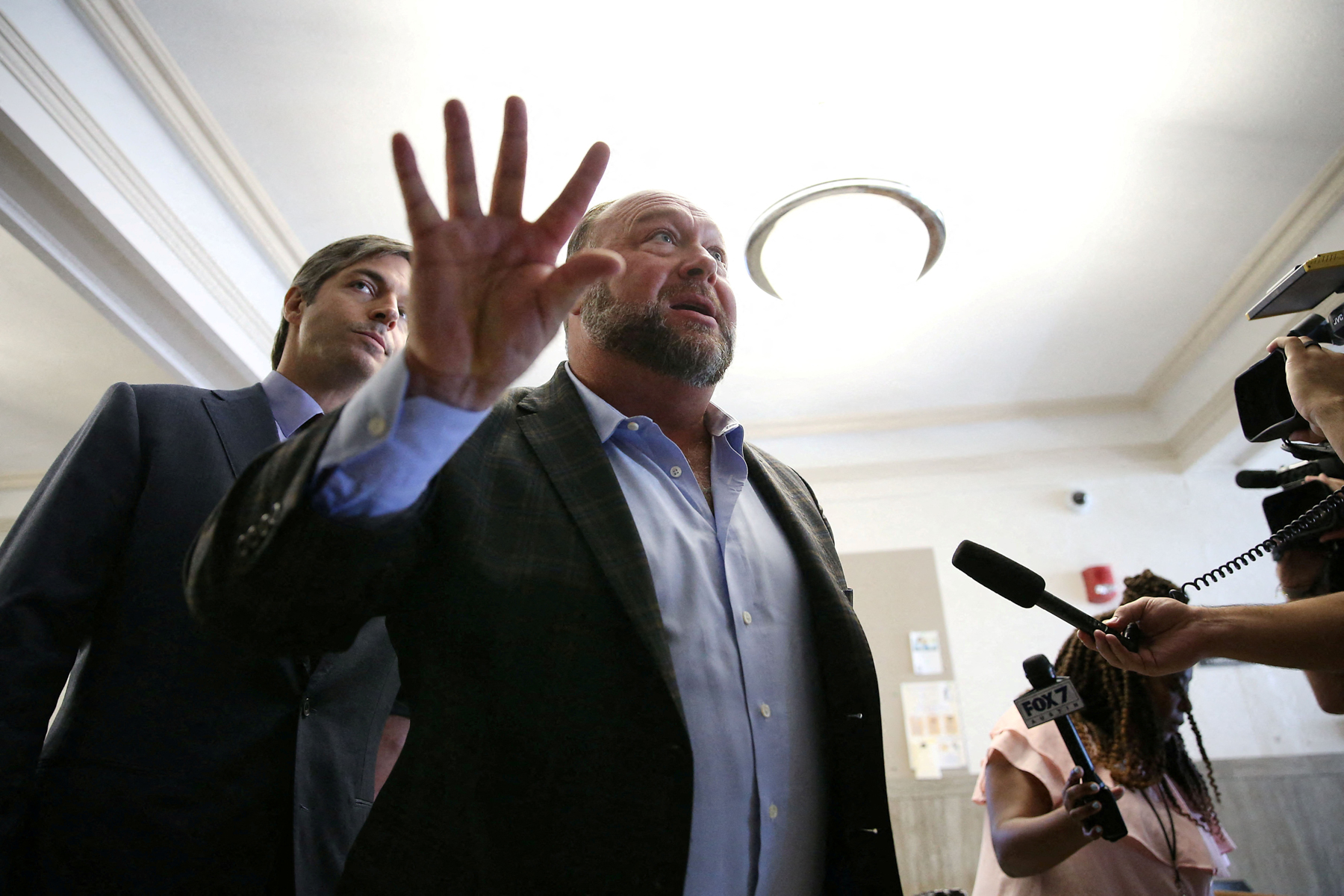Ruth Shalit Barrett, a freelance writer who wrote a piece for The Atlantic about how some wealthy parents are pushing their children into niche sports in an attempt to get them into Ivy League schools is suing for defamation.
The lawsuit, filed on January 7th in the United States District Court for the District of Columbia, claims that The Atlantic and editor Donald Peck, “unlawfully smeared” her and damaged her reputation and career. She is also suing the publication for breach of contract, breach of acting in good faith and fair dealing, and for rescinding the publication of her article online and in print.
The dispute is centered around an article entitled, “The Mad, Mad, World of Niche Sports Among Ivy League-Obsessed Parents” that ran on The Atlantic’s website in October 2020, and appeared in its print magazine the next month.
In the article, Barrett wrote about a Connecticut mother named “Sloane,”—purportedly her middle name in order to protect her identity—who had three daughters and a son. In the piece, Barrett says that one of the daughters had been “stabbed in the jugular” in a fencing accident, and that other Connecticut families built Olympic-size skating rinks in their backyards.
The piece drew the attention of The Washington Post’s media critic Eric Wemple, who reported that a fencing expert he interviewed said that such an accident was highly unlikely, that the owner of a local company that builds ice rinks claimed that no one in the area has an Olympic-sized rink, and that while “Sloane” did have three daughters, she did not have a son.
Wemple also reported that Barrett, who edited and wrote for the New Republic and The New York Times Magazine, had been accused of plagiarism on multiple occasions.
Wemple’s accusations led The Atlantic to re-fact check Barrett’s story, and it ultimately retracted the story, explaining in an editor’s note that the publication “cannot attest to the trustworthiness and credibility of the author, and therefore we cannot attest to the veracity of the article.”
In the note, The Atlantic said that Barrett told its fact-checking department that Sloane had a son. However, when the fact-checkers later confirmed that Sloane did not have a son, Barrett then said that she made up the son in an attempt to obscure Sloane’s true identity.
The Atlantic contacted Sloane’s attorney who told them that, according to Sloane, Barrett had proposed the idea of inventing a son, and that Barrett had “encouraged Sloane to deceive The Atlantic as a way to protect her anonymity.”
“Barrett denies that the invention of a son was her idea, and denies advising Sloane to mislead The Atlantic’s fact-checkers, but told us that ‘on some level I did know that it was BS’ and ‘I do take responsibility’,” the note reads.
“Our fact-checking department thoroughly checked this piece, speaking with more than 40 sources and independently corroborating information. But we now know that the author misled our fact-checkers, lied to our editors, and is accused of inducing at least one source to lie to our fact-checking department. We believe that these actions fatally undermined the effectiveness of the fact-checking process. It is impossible for us to vouch for the accuracy of this article. This is what necessitates a full retraction,” the note concludes.
In her complaint, Barrett contends that the only “falsehood” the Atlantic discovered was the son she attributed to “Sloane,” which was done at the request of the source to hide her identity. She contended that she was “acting in accordance with the law and ethical precepts of the profession of journalism” in order to protect her source’s identity.
In addition, she further states in her complaint that two factual inaccuracies—one about the town one person was from, and the other about the size of the backyard hockey rinks—were “so trivial and insignificant as to hardly warrant correction — let alone the full retraction of a serious and meaningful piece of journalism.”
In a statement to The New York Times, The Atlantic says it stands by its editor’s note and the retraction of the article. “We completely reject the allegations and believe the suit is meritless, will be filing a motion to dismiss, and are confident we will ultimately prevail,” a spokesperson for The Atlantic said.
NY Times Washington Post Complaint
Tags




